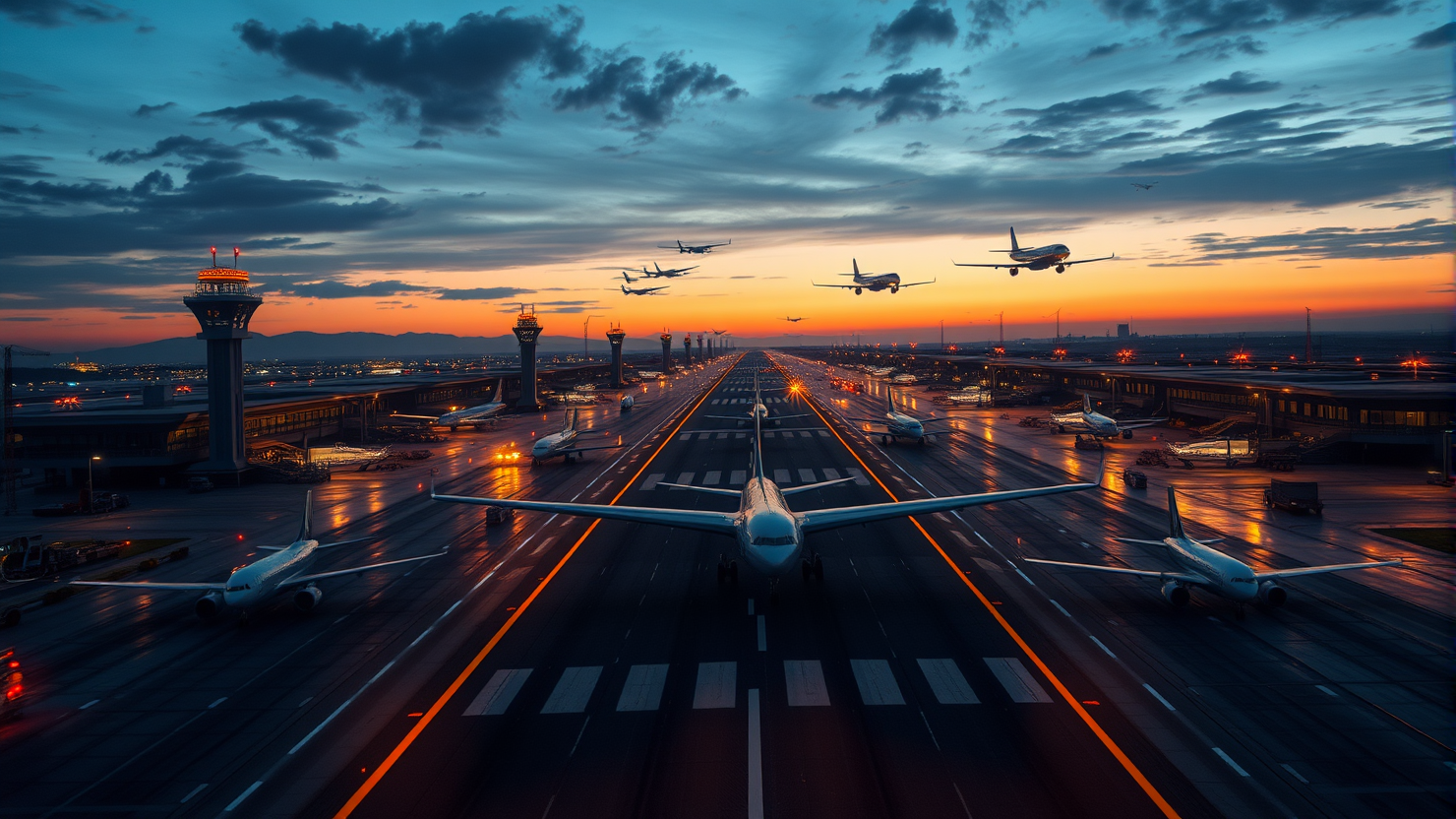Record $31.5 Billion Investment in Air Traffic Control Overhaul Announced by Transportation Secretary

The Department of Transportation (DOT) Secretary, Sean Duffy, disclosed to members of the House on Wednesday that an estimated $31.5 billion is required for the development of a new national air traffic control system by 2028. This marks the first time the department has publically disclosed the project’s cost.
In a House Transportation and Infrastructure committee meeting, Secretary Duffy emphasized the need for additional funding to execute the project. He expressed optimism about engaging in further discussions regarding the necessary funds.
The DOT outlined its plan for the new air traffic control system in May, which includes the deployment of over 25,000 new radios and 475 voice switches, as well as the replacement of 618 radars. However, these upgrades are contingent upon securing the additional funds from Congress. The recently passed “big beautiful bill” under President Trump’s administration secured a $12.5 billion down payment for project commencement.
During the meeting, members raised questions regarding the timeline for completing all promised tasks by the DOT. In response, Secretary Duffy highlighted that the software, regarded as the system’s core component, will necessitate collaboration with companies to procure their products. He estimated that selecting a company for software updates and subsequent debugging would take six to eight months, followed by another six to ten months for deployment.
Secretary Duffy also left open the possibility of Elon Musk’s Starlink being involved in the new air traffic control system development. Rep. Julia Brownley, a Democrat from California, expressed concerns over potential conflicts of interest involving SpaceX employees consulting at the Federal Aviation Administration (FAA). However, Secretary Duffy clarified that SpaceX consultants were restricted from any space-related matters and instead focused on evaluating the current air traffic control system, including interactions with controllers and technical personnel.
Beyond the new air traffic control system, Secretary Duffy addressed the requirement for pilots to complete 1,500 hours of flying before being eligible for employment by major airlines. This rule was implemented following the crash of Continental Connection Flight 3407 near Buffalo, New York, which resulted in 50 fatalities. The National Transportation Safety Board (NTSB) attributed the crash to pilot error.
The 1,500-hour rule has been a topic of discussion with lawmakers since Bryan Bedford, the newly appointed FAA administrator, refrained from committing to maintaining it. As the former CEO of Republic Airways, a regional U.S. airline that experienced a pilot shortage post-rule implementation, Bedford’s stance on the rule has raised concerns.
In response to questions about the 1,500-hour rule, Secretary Duffy stated, “Regarding the 1,500-hour rule, I have no intention of altering it. However, if there is data suggesting that level four simulators can provide pilots with experiences they cannot gain in their Cessnas, thereby ensuring they are fully prepared for any in-flight challenges, I would be open to a conversation about this with all of you. Our collective goal is to ensure that well-trained pilots occupy the cockpit.”






